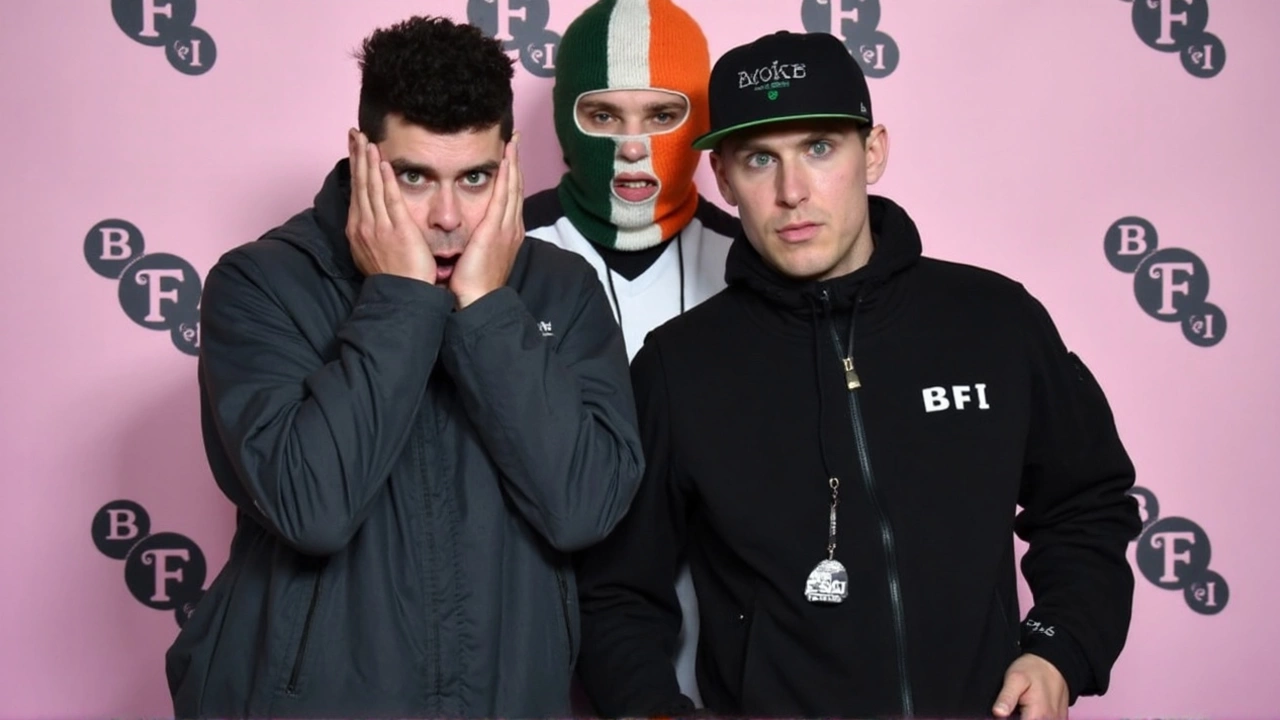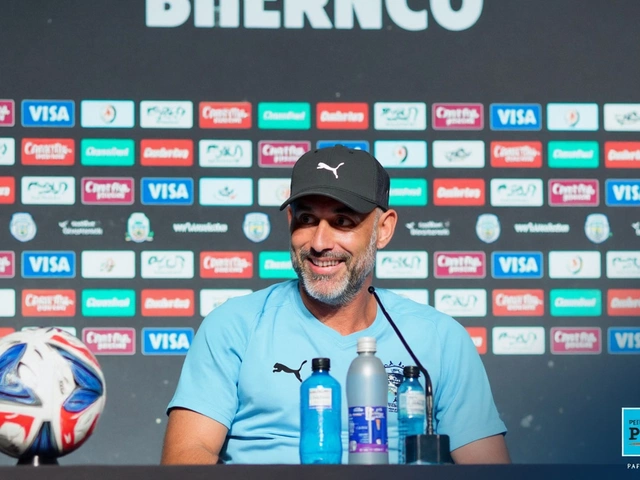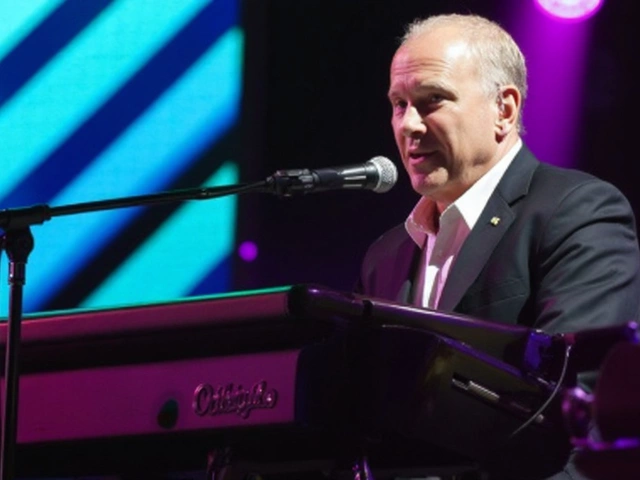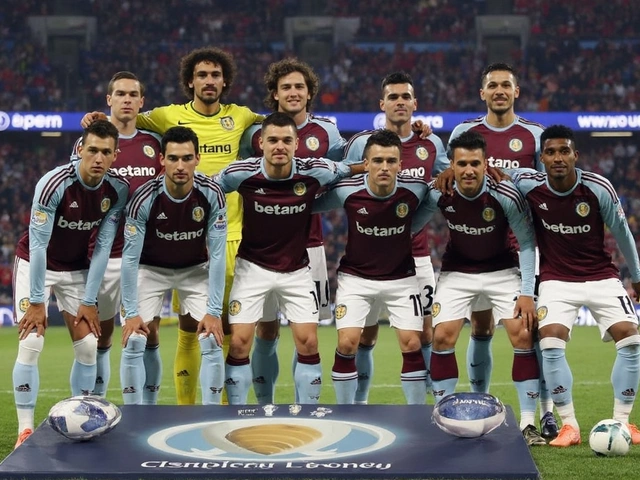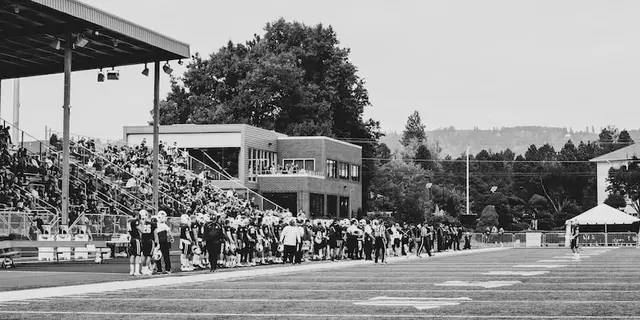Pro-Palestine Protest: What You Need to Know
If you’ve seen crowds with banners, chants, and a sea of red and black flags, you’ve probably witnessed a pro-Palestine protest. These events pop up in cities across the globe whenever something new happens in the Israel‑Palestine conflict. They’re not just about making noise; they’re a way for ordinary people to say they care, to push governments, and to bring attention to a cause they feel strongly about.
Understanding the vibe of a protest helps you decide if you want to join, how to prepare, and what you can actually achieve. Below we break down why people show up, what the typical atmosphere is, and give you a practical toolkit for taking part without ending up in trouble.
Why People Join a Pro-Palestine Protest
First off, most participants are driven by empathy. They see news reports of civilian casualties, restrictions on movement, or demolition of homes and feel a moral urgency to speak out. For many, the protest is a way to stand in solidarity with Palestinians who can’t raise their own voices on the world stage.
Second, protests act as a pressure valve for political frustration. In democratic societies, citizens can’t always get a direct line to policymakers, so gathering in a public square becomes a visible reminder that voters care. A large, well‑organized march can make headlines, forcing news outlets and even legislators to mention the issue.
Third, community and identity play a big role. Local activist groups, student societies, or faith communities often organize these rallies. Joining means becoming part of a network, meeting new friends, and feeling part of something larger than yourself.
Finally, some people attend to learn. A protest can feature speakers, documentary screenings, or informational booths that break down the history and current events in an accessible way. Walking away with a clearer picture of the conflict can be a powerful motivator for further action.
How to Take Part Safely and Effectively
Before you head out, check the details. Know the start time, the route, and any police announcements. Many organizers post updates on social media, so a quick scan can save you from surprise road closures or last‑minute changes.
Dress for the weather and think practicality. Wear comfortable shoes, bring a reusable water bottle, and keep your phone charged. If you expect a hot day, a hat and sunscreen are a must; for rain, a light waterproof jacket will keep you from getting drenched.
Safety is a top priority. Stay with the main crowd, avoid isolated side streets, and keep an eye on your belongings. If police issue instructions—like moving away from a blocked road—follow them. Most officers are there to keep order, not to shut down your voice.
Know your rights. In the UK, you have the right to peaceful assembly, but you also need to respect local bylaws. If you’re asked to show ID or move, stay calm and ask politely for clarification. Recording the interaction can be useful, but only if it doesn’t heighten tension.
Bring a clear message. A simple sign with a concise slogan—"End the blockade," "Human rights for all," or "Justice for Gaza"—works better than a cluttered poster. If you’re comfortable, chanting a short, repeatable phrase helps keep the energy high and the crowd united.
After the rally, consider how you want to stay involved. Many groups host follow‑up meetings, letter‑writing campaigns, or donation drives. Signing up for a newsletter or joining a local activist hub can turn a one‑off protest into ongoing advocacy.
Remember, showing up is an act of solidarity, but it’s only the first step. Combine the public visibility of a protest with quieter actions—talking to friends, educating yourself, and supporting reputable charities—to make a lasting impact.
Whether you’re a first‑timer or a seasoned marcher, a pro‑Palestine protest offers a chance to be heard, to connect with like‑minded people, and to push for change. With a bit of preparation and a clear purpose, you can turn a day on the streets into a meaningful part of a larger movement.
Kieran Lockhart, Jul, 23 2025
Kneecap Fires Back at Sharon Osbourne Over Coachella Palestine Protest, Cites Black Sabbath’s 'War Pigs'
Irish rap group Kneecap defended their pro-Palestine protest at Coachella after sharp criticism from Sharon Osbourne, who accused them of spreading hate speech. Kneecap countered by highlighting Sharon's husband's famous anti-war track and emphasizing their commitment to activism. Despite threats and support for Osbourne from some in the music scene, the band remains firm.
View More